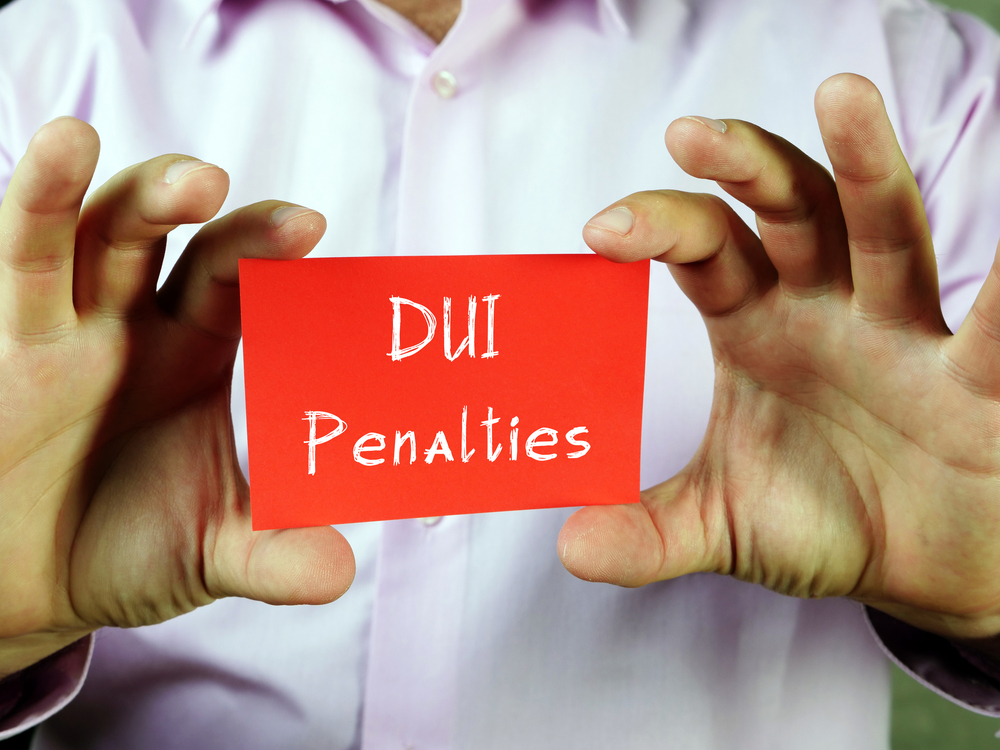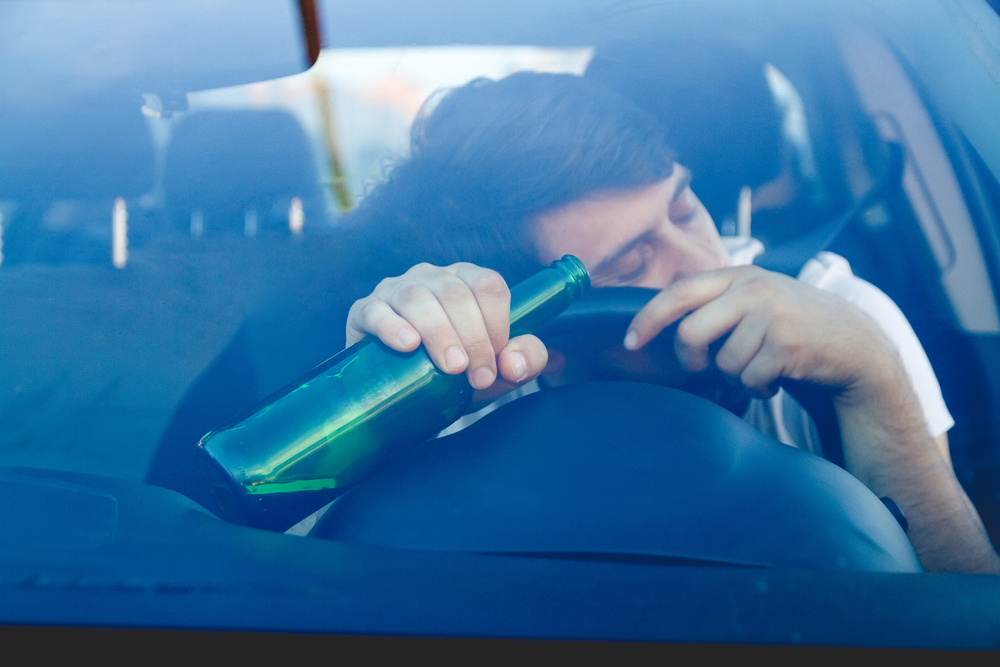Did you know that in Texas, a teenager caught driving with even a drop of alcohol in their system can face criminal charges, regardless of their actual level of impairment? This harsh reality is the result of Texas’s stringent Zero Tolerance laws, which treat underage drinking and driving as a serious offense.
For families dealing with the fallout of an underage DWI or DUI, the legal consequences can feel soul-crushing. This article will guide you through the complexities of Texas law, the potential penalties, and the possible defenses available.
If your child is facing these charges, don't navigate this challenging situation alone—reach out to a DWI defense lawyer at the Law Offices of David M. White at (325) 437-3311 for guidance and support.
What Constitutes a DWI/DUI for Minors in Texas
In Texas, the legal system draws a clear line between adults and minors when it comes to drinking and driving.
For adults, a DWI (Driving While Intoxicated) charge typically requires a blood alcohol concentration (BAC) of 0.08% or higher, or visible impairment due to alcohol or drugs.
However, for minors—defined as anyone under 21—the rules are far stricter under the state's Zero Tolerance policy.
According to Texas Penal Code § 49.04 and the Alcoholic Beverage Code § 106.041, any detectable amount of alcohol in a minor's system while operating a vehicle can lead to a DUI (Driving Under the Influence) charge.
A BAC as low as 0.01% is enough to trigger legal consequences.
This stringent law deters underage drinking altogether, reflecting the state's commitment to public safety and the prevention of underage alcohol consumption.
Penalties for Underaged DWI/DUI

The consequences of a DWI or DUI conviction can be severe, especially for minors. In Texas, penalties for these offenses punish and deter future infractions by young drivers.
Here’s a breakdown:
- First Offense: For a minor's first DUI offense, penalties include a fine of up to $500, 20 to 40 hours of community service, mandatory attendance at an alcohol awareness course, and a driver's license suspension for 60 to 180 days.
- Subsequent Offenses: Penalties escalate significantly with each subsequent offense. A second DUI can result in a fine of up to $2,000, a longer license suspension, and up to one year in jail. A third offense is treated as a Class A misdemeanor, carrying even harsher penalties, including possible jail time of up to 180 days and a license suspension of up to two years.
- Refusing a Breathalyzer: Texas law also imposes severe consequences for minors who refuse to submit to a Breathalyzer or blood test. Refusal can lead to an automatic 180-day suspension of the driver's license, even if the minor is not ultimately convicted of a DWI or DUI.
Long-Term Consequences of an Underaged DWI/DUI Conviction
While the immediate penalties for a DWI or DUI conviction in Texas are severe, the long-term consequences are even more daunting, potentially affecting various aspects of a young person's future.

These could include:
- Criminal Record: A conviction for an underaged DWI or DUI results in a permanent criminal record. This record could follow the individual for years, appearing in background checks for employment, housing, and even college applications. Unlike some offenses, getting an expunction (i.e., effectively erasing the criminal record) for a DWI or DUI is not easy.
- Educational Opportunities: Many colleges and universities conduct thorough background checks as part of their admissions process. A DWI or DUI conviction can lead to rejections or, in some cases, the loss of scholarships.
- Employment Challenges: Employers, particularly in fields requiring trust and responsibility, often view a DWI or DUI conviction as a red flag. Jobs that involve driving or operating machinery may become inaccessible, and in competitive job markets, a criminal record can be the deciding factor in employment decisions.
- Increased Insurance Costs: A DWI or DUI conviction typically results in significantly higher auto insurance premiums. Insurance companies view individuals with such convictions as high-risk, leading to years-long surcharges. You may not find any insurance provider willing to offer coverage.
- Social and Family Impact: Beyond the legal and financial repercussions, a conviction can strain relationships with family and friends. The stigma associated with a DWI or DUI can lead to social isolation, shame, and a diminished reputation within the community.
Defenses Against Underaged DWI/DUI Charges

With the right legal strategy, it’s possible to mitigate the consequences of an underaged DWI or DUI charge. Your attorney will work out how the nuances of the Texan legal system apply to your situation and will build a defense case on your behalf.
Some common defenses might include:
- Lack of Probable Cause: Law enforcement must have a valid reason—known as probable cause—to pull over a vehicle. If the officer cannot prove that they had a reasonable basis for the stop, any evidence gathered (including Breathalyzer results) may be inadmissible in court.
- Faulty Testing Procedures: Your legal counsel can challenge the accuracy of Breathalyzer and field sobriety tests. These tests must be conducted under strict guidelines to ensure reliable results. Factors such as improper calibration of the Breathalyzer, the officer's lack of proper training, or even certain medical conditions affecting the minor could lead to inaccurate readings.
- No Actual Physical Control: Another potential defense is that the minor was not in actual physical control of the vehicle. For instance, if the minor was found intoxicated in a parked car without evidence of recent driving, your attorney could point out that they were not operating the vehicle at the time of the alleged offense.
- Mistake of Fact: This defense could apply if the minor genuinely believed that they were not intoxicated or did not know they had consumed alcohol, such as in cases of spiked drinks. Although challenging, this defense might reduce the severity of the charges.
We’re Here to Fight By Your Side
Is your family facing the prospect of an underaged DWI or DUI charge? Don’t leave your future to chance—contact the Law Offices of David M. White today at (325) 437-3311 to discuss your options and secure the legal support you need.
